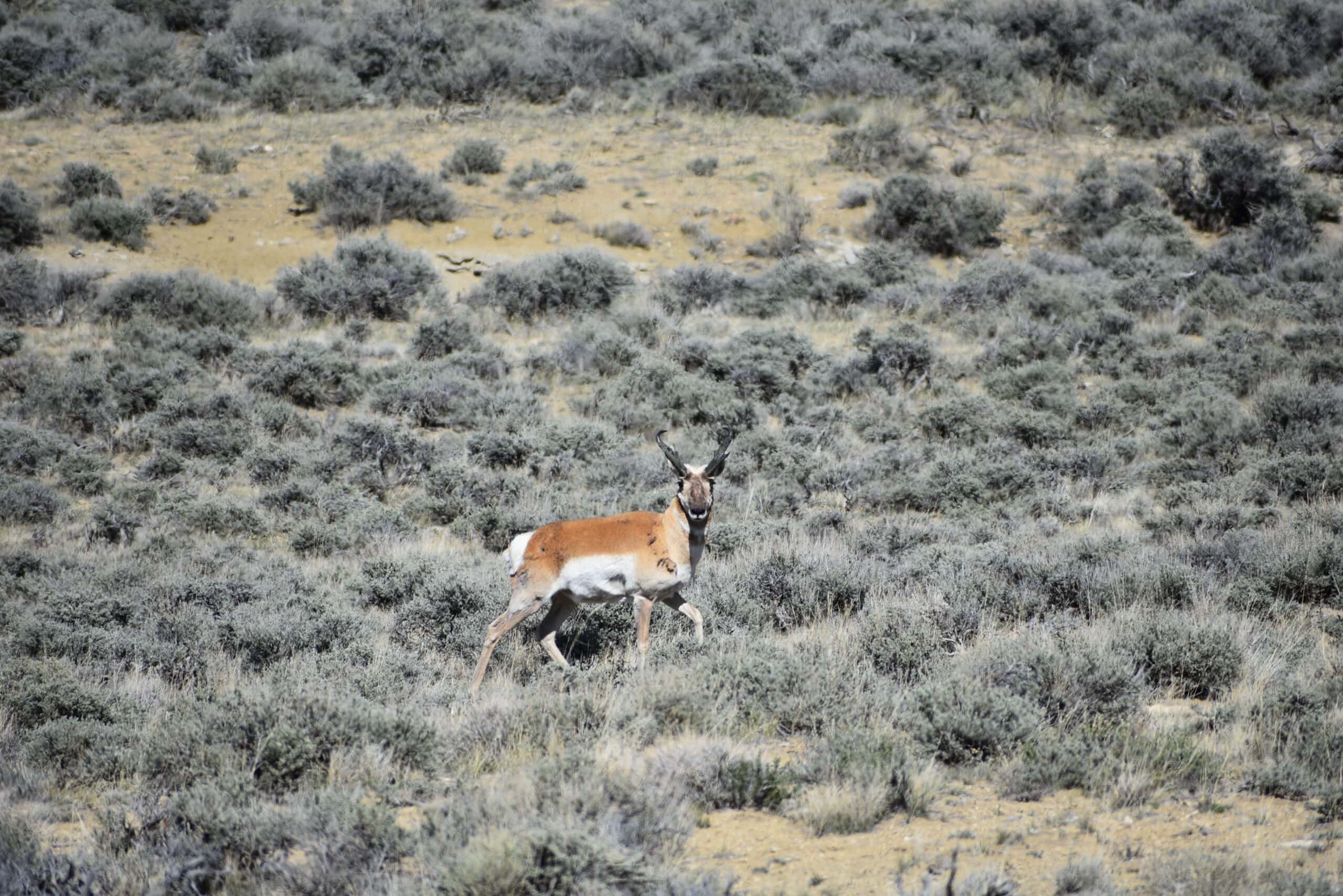Share this article
TWS renews five position statements
The Wildlife Society Council has recently renewed and updated five position statements that expired in October. TWS’ position statements are one type of policy engagement document used to express the science-based position of The Wildlife Society’s membership and influence policy issues. Position statements form a broad foundation used for developing more specific letters, comments, testimony, and issue statements.
The Wildlife Society’s Position Statements are reviewed by Council every 5 years. An ad hoc committee of Council incorporated input from relevant TWS working groups and chapters to ensure these position statements incorporated up-to-date scientific information and conservation approaches.
The U.S. Endangered Species Act
The Wildlife Society has long supported the Endangered Species Act (ESA) of 1973, and it continues to do so in the updated statement. The statement highlights the success the law has had in preventing extinctions of the nearly 2,400 listed species. While recognizing the success of the law, the statement points out the significant time, funding, and commitment needed to prevent the loss of species and the constraint of insufficient funding which limits recovery of some species.
Read the full position statement here.
During recent years there has been growing debate about the role of the ESA in Congress. A number of representatives have introduced bills to reform the act in order to make it more effective and cooperative.
Global Climate Change and Wildlife
The Wildlife Society’s position statement on climate change recognizes that human activities have caused significant changes in the earth’s climatic conditions. The statement highlights that the critical issue now for wildlife and their habitats is to address the effects of a changing climate and develop an approach involving mitigation, adaptation, and outreach to conserve species.
As part of its focus on adaptation, the statement expresses support for the recommendations put forth by the 2012 National Fish, Wildlife and Plants Climate Adaptation Strategy, which was developed by state, federal, and tribal participants.
Read the full position statement here.
Firearms
Firearms for hunting and recreational target shooting is part of an enduring tradition and heritage. TWS’ position statement recognizes that firearms and hunting are one of the major sources of funding and public support for the management of wildlife and their habitat, and that hunters and shooters have directly and indirectly financed many major programs in wildlife conservation.
Read the full position statement here.
Livestock Grazing on Rangelands in the Western United States
Functional rangeland ecosystems are critically important to sustaining wildlife diversity and productivity in the American West. Livestock grazing in these rangelands can support a wide variety of uses and values and can be used as a management tool. The updated position statement puts a renewed focus on the importance of science-based grazing management plans in order to improve, restore, and maintain rangeland and riparian ecosystems.
The statement also supports agency efforts to recognize and guard against the possibility of disease transmission between domestic livestock and wildlife.
Read the full position statement here.
Lead in Ammunition and Fishing Tackle
For over 100 years, lead (Pb) has been known to be a broad-spectrum toxicant to humans and wildlife that can cause neurological damage, tissue and organ damage, reproductive impairment, and death. The Wildlife Society’s position statement advocates for the replacement of lead-based ammunition and fishing tackle with nontoxic products wherever possible. The updated position statement acknowledges the U.S. Environmental Protection Agency 2016 Best Management Practices for Lead at Outdoor Shooting Ranges and it promotes and encourages the adoption of best practices to ensure that adverse environmental impacts are eliminated or minimized.
Read the full position statement here.
Header Image: ©Jeremy Bennett/USFWS








